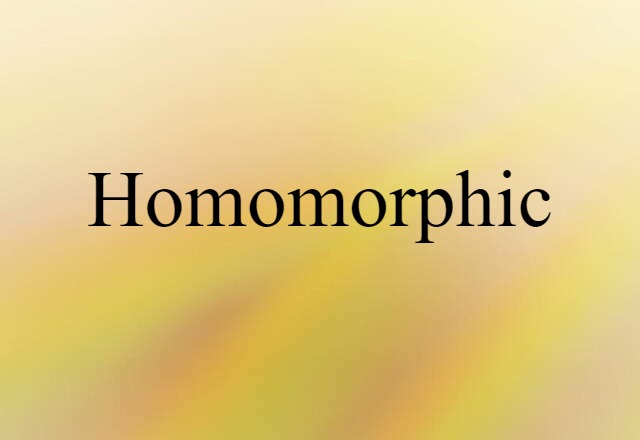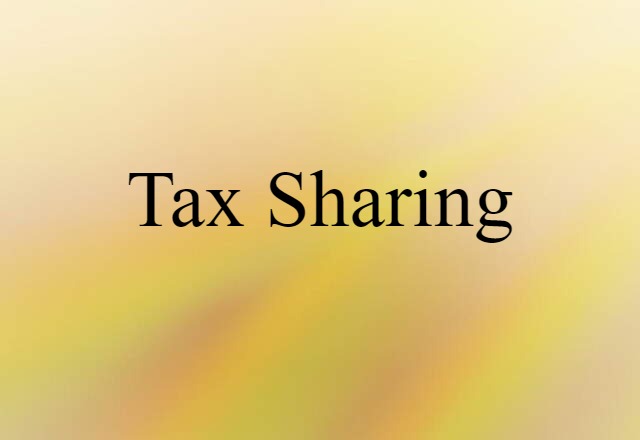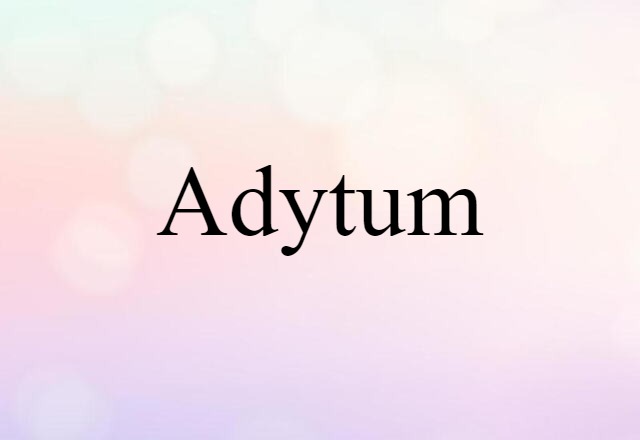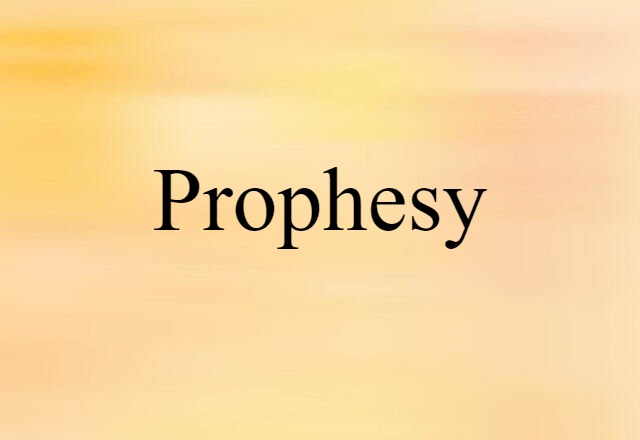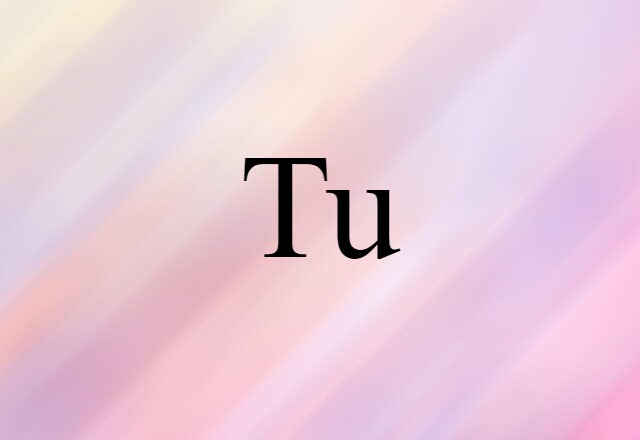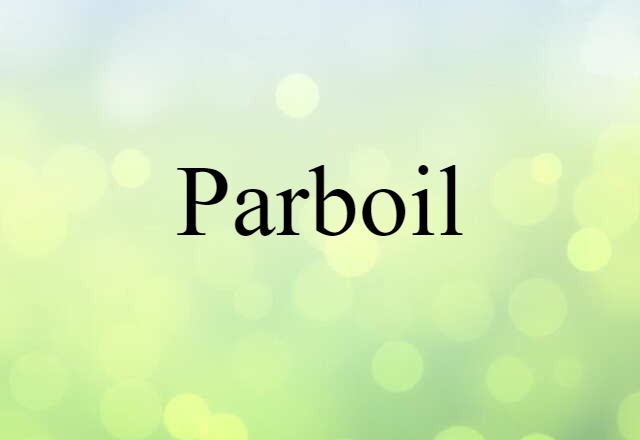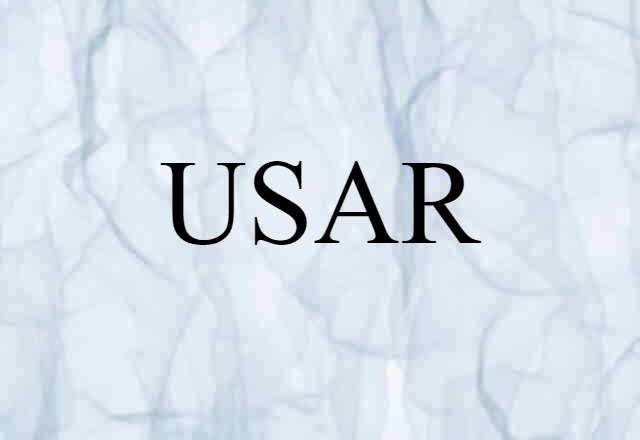- lady; woman.
- female deity, especially one promoting fertility: often used as a suffix on names: Freydis; Hjordis; Thordis.
- to show disrespect for; affront.
- to disparage; belittle.
- insult or disparagement; criticism.
- a god of the underworld.
- a cable television channel.
- a Latin prefix meaning “apart,” “asunder,” “away,” “utterly,” or having a privative, negative, or reversing force (see de-, un-2); used freely, especially with these latter senses, as an English formative: disability; disaffirm; disbar; disbelief; discontent; dishearten; dislike; disown.
- variant of di-1 before s:dissyllable.
- distance.
- distant.
- distribute.
- a variant spelling of diss
- the Roman god of the underworld
- the abode of the dead; underworld
- indicating reversal
- indicating negation, lack, or deprivation
- indicating removal or release
- expressing intensive force
- variant of di- 1 dissyllable





